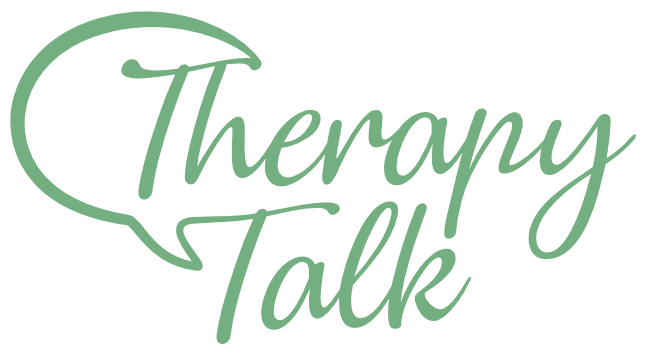What is depression?
Everybody gets depressed sometimes, typically in response to events or experiences in which goals go unmet and expectations are dashed, but such reactions tend to be short-lived. Depression is regarded as a disorder when low mood and other symptoms persist for more than two weeks. Mood dysregulation revealed by unrelenting sadness may be the sign most associated with depression, but the disorder can be reflected in impaired functioning in almost every system of the body, from sexual desire to pain perception.
Not everyone who is depressed experiences every symptom. Some people experience a few symptoms, some many. The severity of symptoms varies among individuals and over time.
Common symptoms of depression include:
- Sadness, emptiness, or hopelessness
- Irritability, angry outbursts
- Loss of interest in usual activities
- Sleep disturbance
- Fatigue and lack of energy
- Appetite disturbance
- Anxiety, agitation, and restlessness
- Slowed thinking, moving, or talking
- Feelings of worthlessness
- Guilt, self-blame
- Difficulty concentrating
- Recurring thoughts of death
Sadness and depression are not the same. Sadness is a normal response to disappointment, setbacks, and losses. Depression is not. Depression is accompanied by sadness, but it is distinguished by the presence of other symptoms as well. It descends like a pervasive cloud, often without any obvious trigger, robbing energy, motivation, meaning, and a sense of self-worth. It endures for weeks or months. Depression requires treatment; sadness does not.
Even in the most severe cases, depression is highly treatable. The condition is often cyclical, and early treatment may prevent or forestall recurrent episodes. Many studies show that the most effective treatment is cognitive behavioral therapy, which addresses problematic thought patterns, with or without the use of antidepressant drugs. In addition, evidence is quickly accumulating that regular mindfulness meditation, on its own or combined with cognitive therapy, can stop depression before it starts by effectively disengaging attention from the repetitive negative thoughts that often set the downward spiral of mood in motion.
Source:



